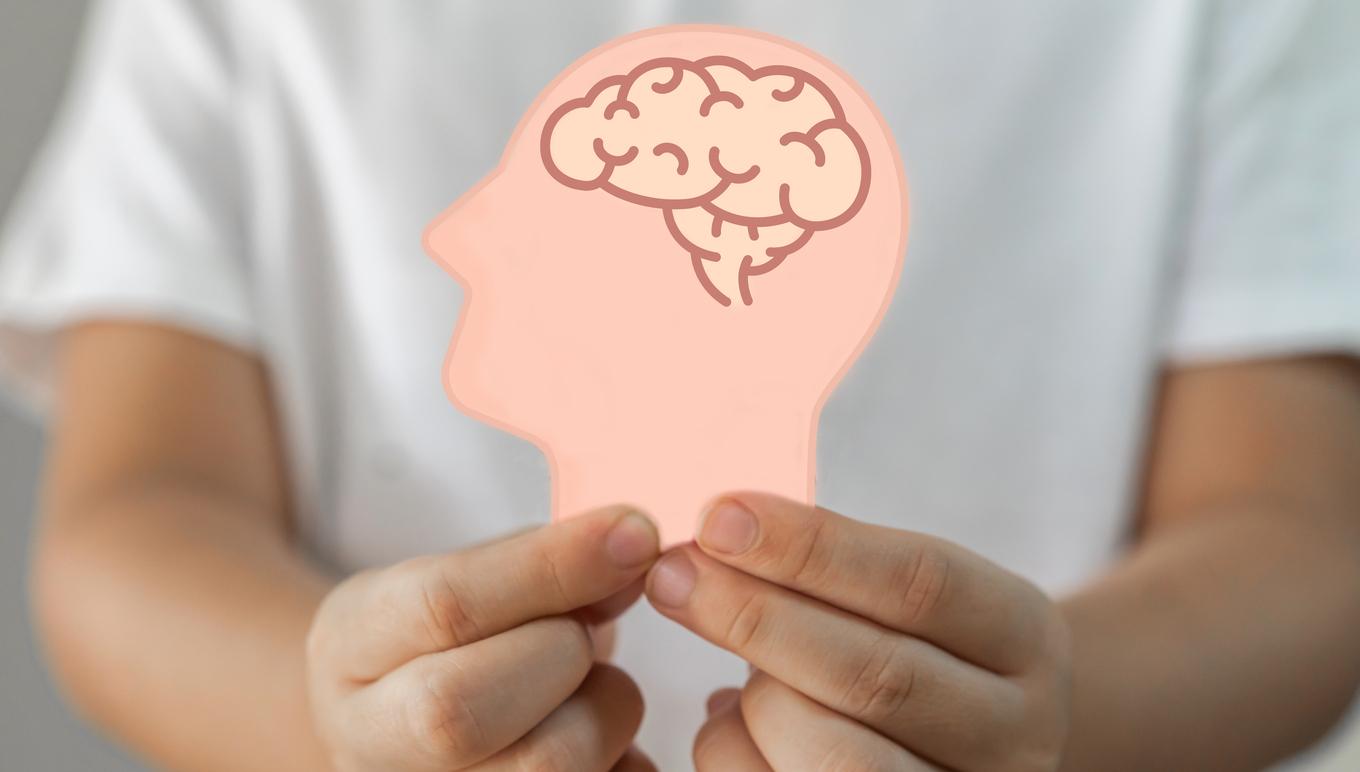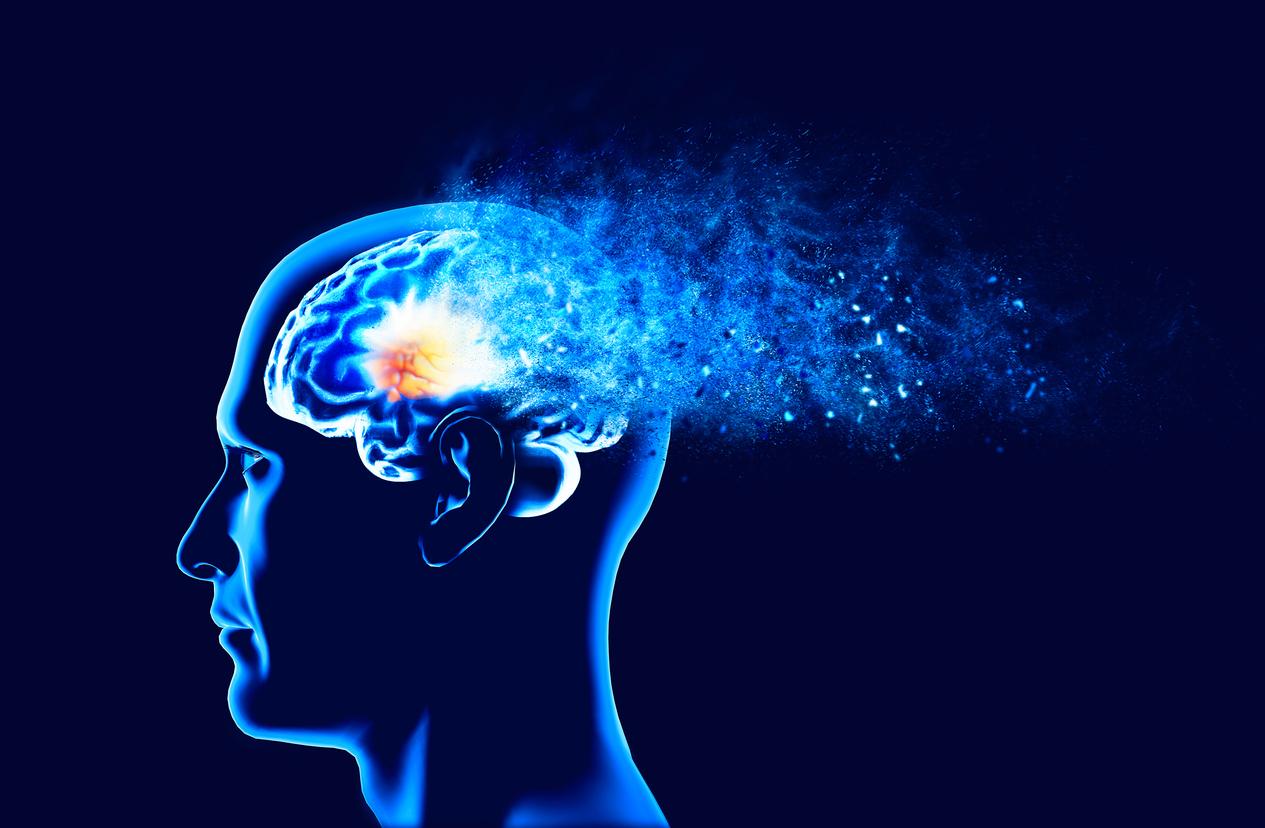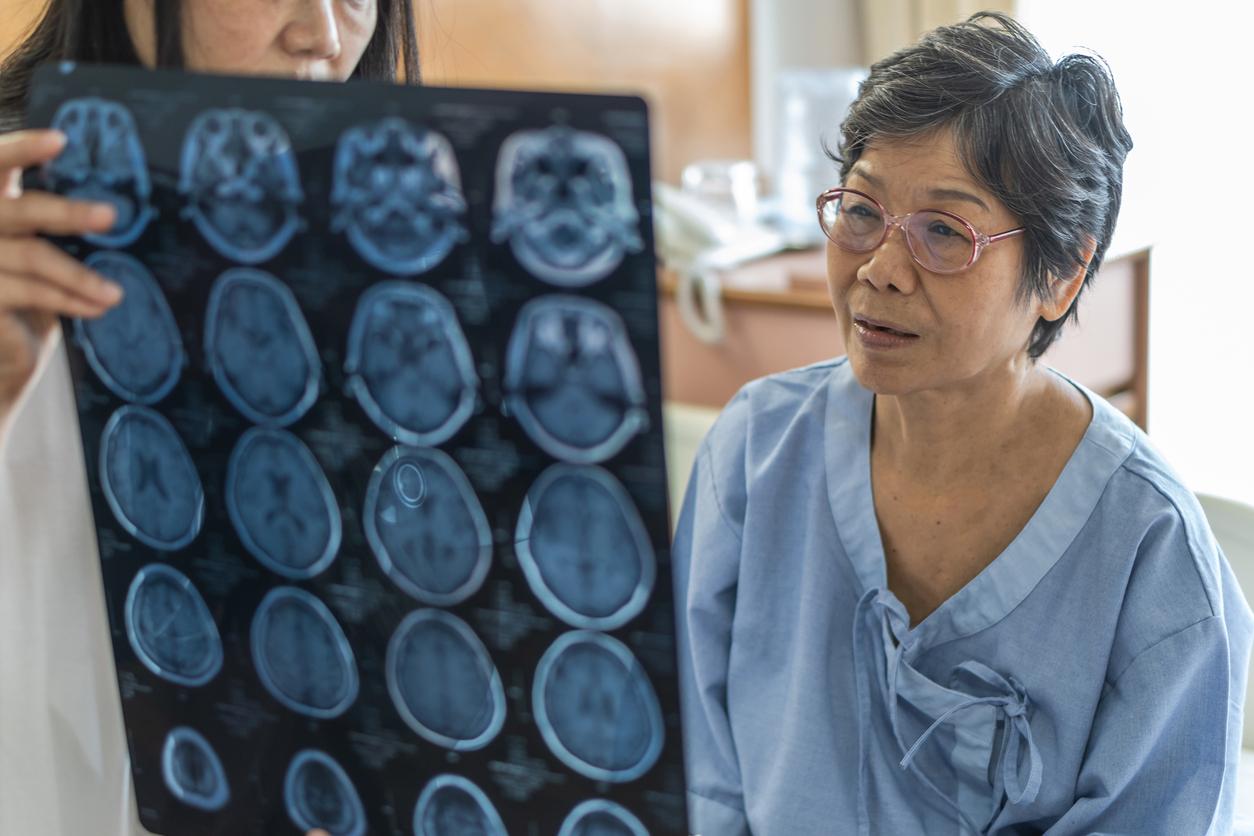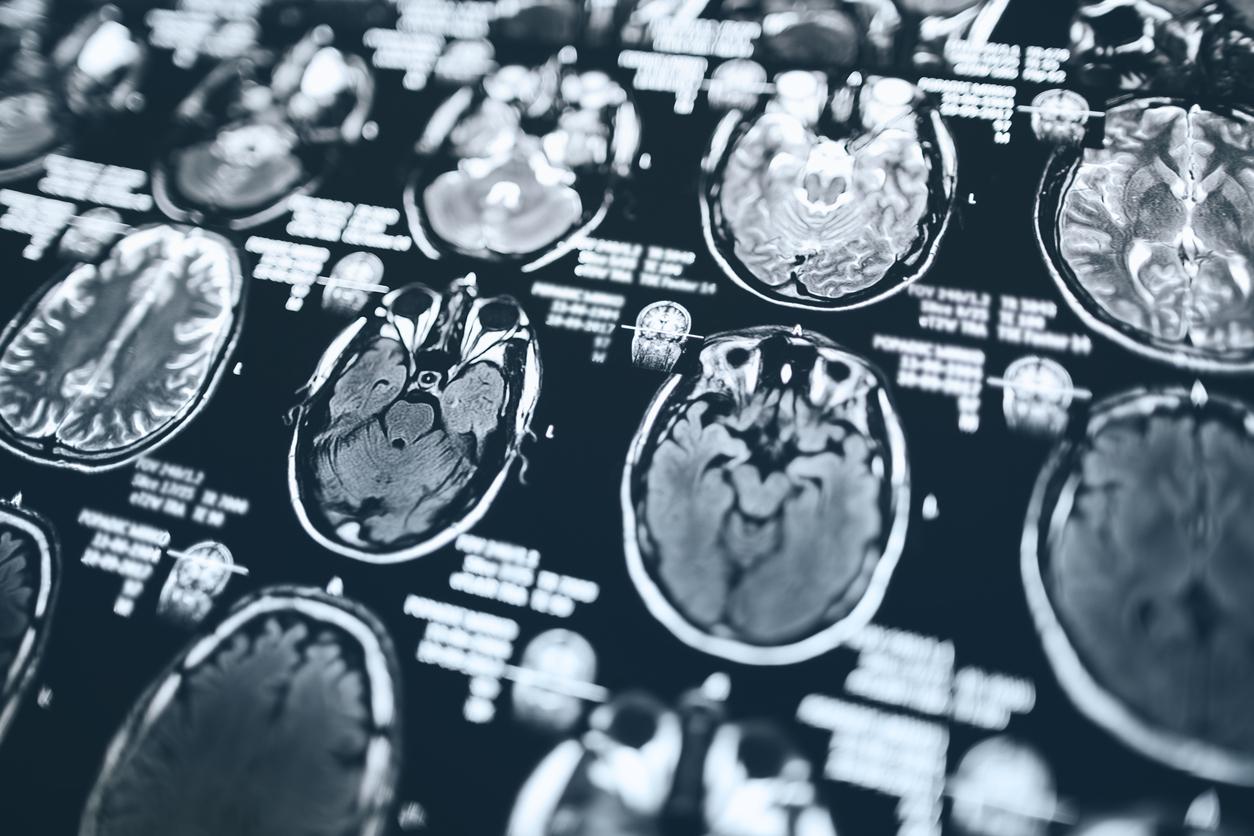Porphyromonas gingivalis. It is the Latin name for a bacterium associated with chronic periodontitisa deep inflammation of the periodontium (tooth supporting tissues), which has been detected in the brains of patients with Alzheimer’s disease. Periodontitis is an inflammation that destroys the gums and teeth and can lead to the loss of the latter.
In the review science advances, researchers suggest a link between the presence of toxic proteins released by this bacterium and neurodegenerative disease. These proteins, gingipains, have been found in greater numbers in the neurons of Alzheimer’s patients than in “healthy” brains.
Researchers at the University of Louisville (USA) found in mice that gingipain led to colonization of the brain and increased production of beta-amyloid, a component of amyloid plaques associated with Alzheimer’s disease .
Further work seems necessary in the opinion of the researchers to assess the involvement of the oral bacteria at the origin of periodontitis in the development and progression of Alzheimer’s disease.
Tooth loss and Alzheimer’s
Still, this is not the first time that a link has been established between oral health and this dementia.
In March 2017, a study published in the medical journal Journal of the American Geriatrics Society suggested that the tooth loss may be associated with dementia risk higher.
Nearly 225,000 new cases of Alzheimer’s patients are diagnosed each year according to France Alzheimer. By 2020, the figure is expected to rise to 1,275,000 sick people.
Read also
Periodontitis increases the risk of cancer
Drinking wine is good for healthy gums
UK promotes music therapy for dementia


















